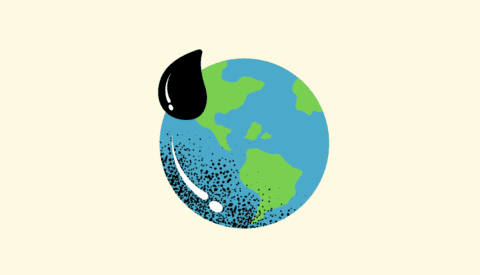Study: Rising Prices Force Organic Food Consumers To Switch To Cheaper Alternatives
A study shows that a rising tide of consumers are prioritizing their wallets over organic products, switching to more budget-friendly, non-organic options as the cost of living crisis continues.
Article

Article
A recent study by the Open University of Catalonia (UOC) shows that the percentage is increasing of consumers who choose the cheapest products when shopping and look at price over brand. The findings are clear: 55% of «eco» food consumers are switching – or will soon switch – to more affordable non-organic brands.
In Spain, 66% of respondents «would like to do more for the environment and the planet, but the cost of living stops them doing so». As study points out, «the defection of the eco-active consumer is due to inflation».
Record food prices
Prices are rising and wages are failing to keep pace. According to Statista, the Consumer Price Index (CPI) continues to give no respite to the Spanish economy. Last year, the annual average CPI variation was over 8%, an increase in the cost of the shopping basket that had not been recorded since 2011, when prices rose by 3.2%.
This hike in the cost of living has been pervasive, with increases in energy, transport and food prices. Professor Juan Carlos Gázquez-Abad says that, given this situation, «it is clear that ecological aspirations are going to be put on hold». Indeed, in February of this year, food inflation reached a peak of 16.6%, while in April butter rose by 31.2%, eggs by 15.8%, milk by more than 27% and sugar almost doubled in price with an increase of 49.6%.
Still finding ways to be eco-conscious
Faced with these numbers, the question arises of whether consumers who were once conscious of sustainability are abandoning their values. The UOC experts point out that there is no such betrayal: it is not that consumers no longer want to be «eco-active», but that they will have to stop if they do not have the financial means. Indeed, 63% of respondents say they are likely to return to organic food when their economic situation or environment are favorable.
The question arises of whether consumers who were once conscious of sustainability are abandoning their values
Professor Neus Soler remains optimistic: the decline in consumers purchasing «eco» products doesn’t necessarily signal a complete abandonment of their eco-activism. People can still contribute to the circular economy through recycling. Furthermore, certain «eco» products, such as cleaning supplies, have maintained customer loyalty. The UOC reports that 20% of these consumers have no plans to revert to non-sustainable brands due to inflation, as they prioritize their health.
In economically challenging times, when disposable income is limited, maintaining a commitment to «eco» brands can be tough. However, responsible consumption isn’t exclusively about food. Environmental commitment can also involve extending the lifespan of the products we purchase through reuse or buying second-hand.
This content is part of a collaboration agreement of ‘WorldCrunch’, with the magazine ‘Ethic’. Read the original at this link.







